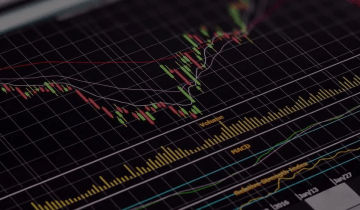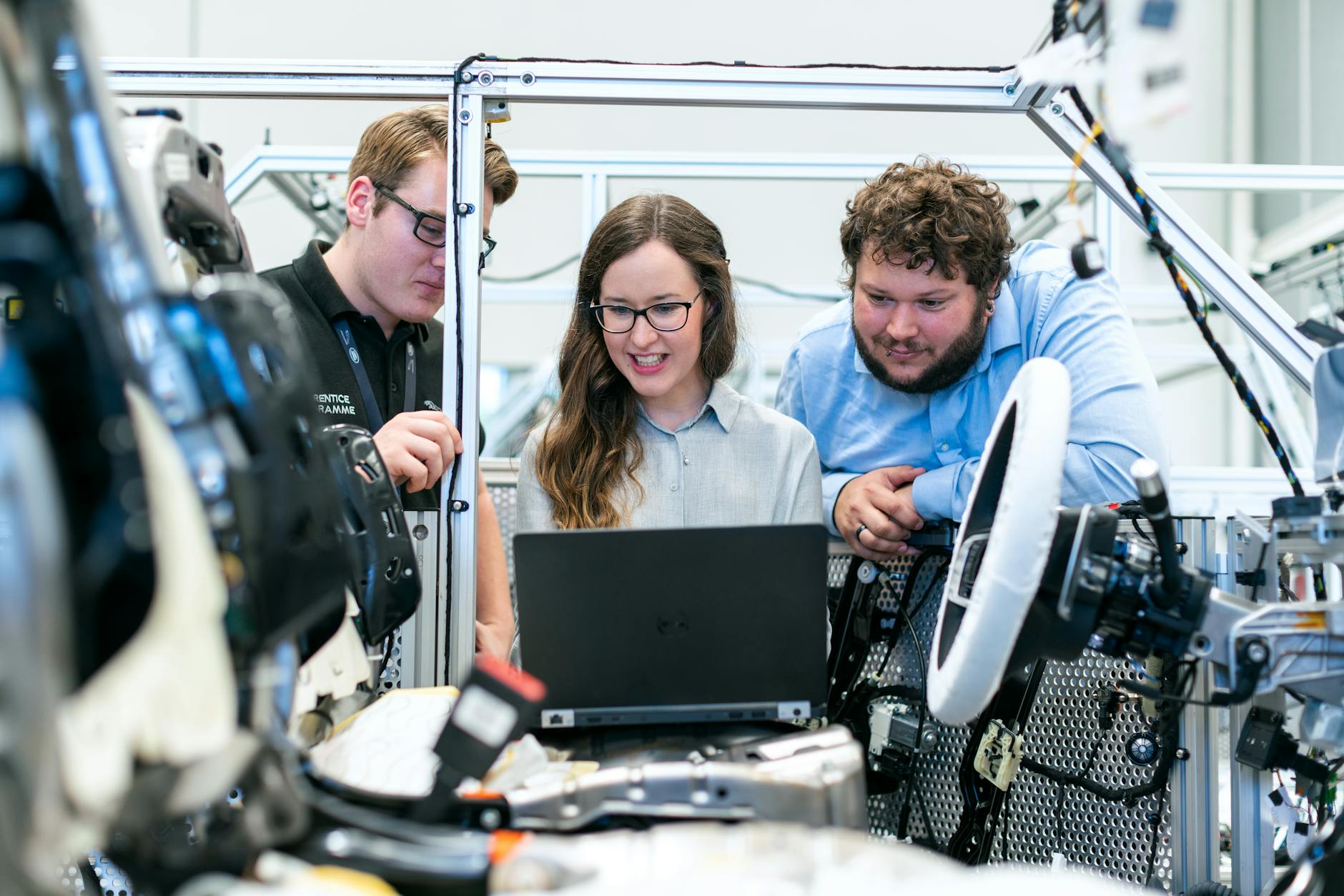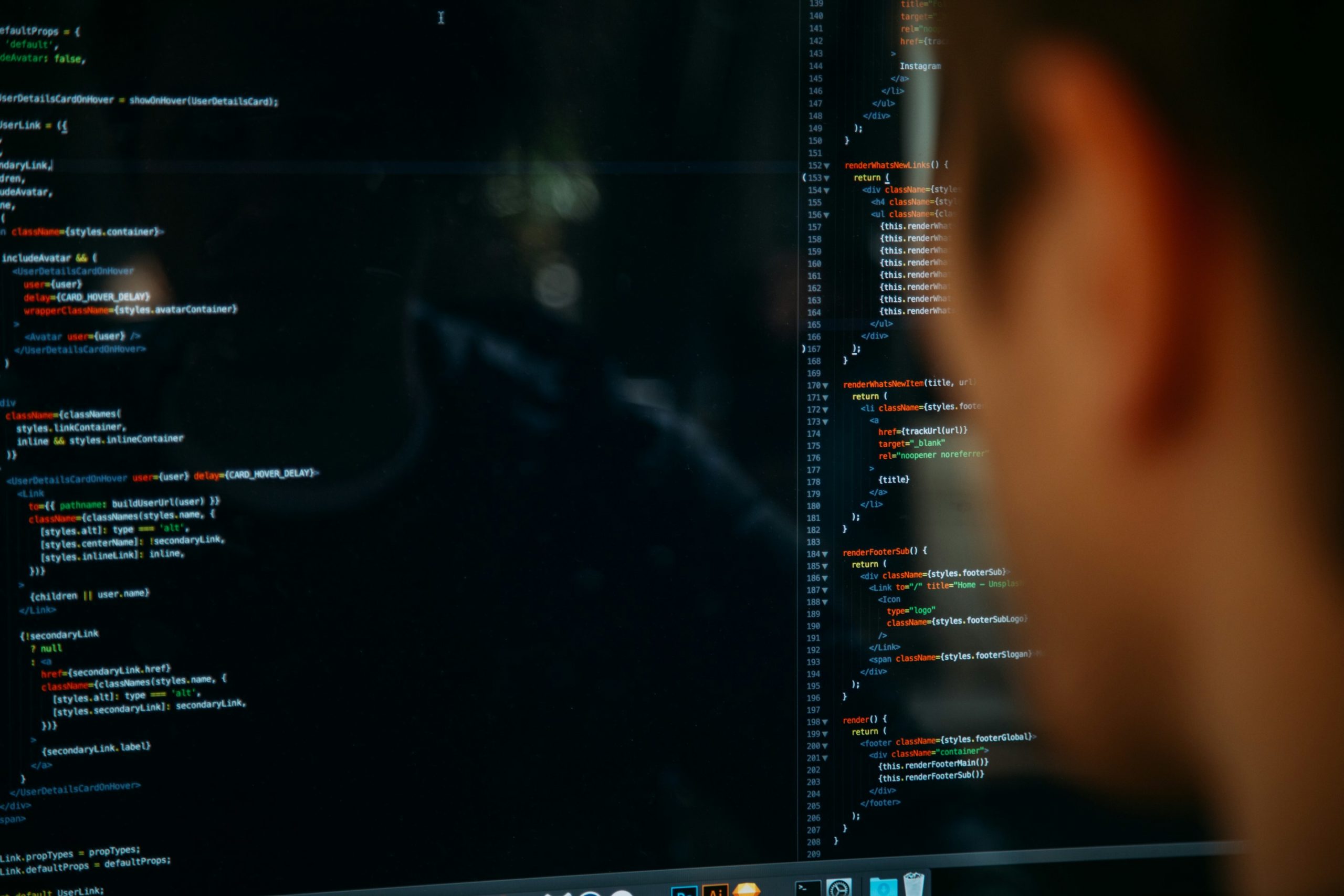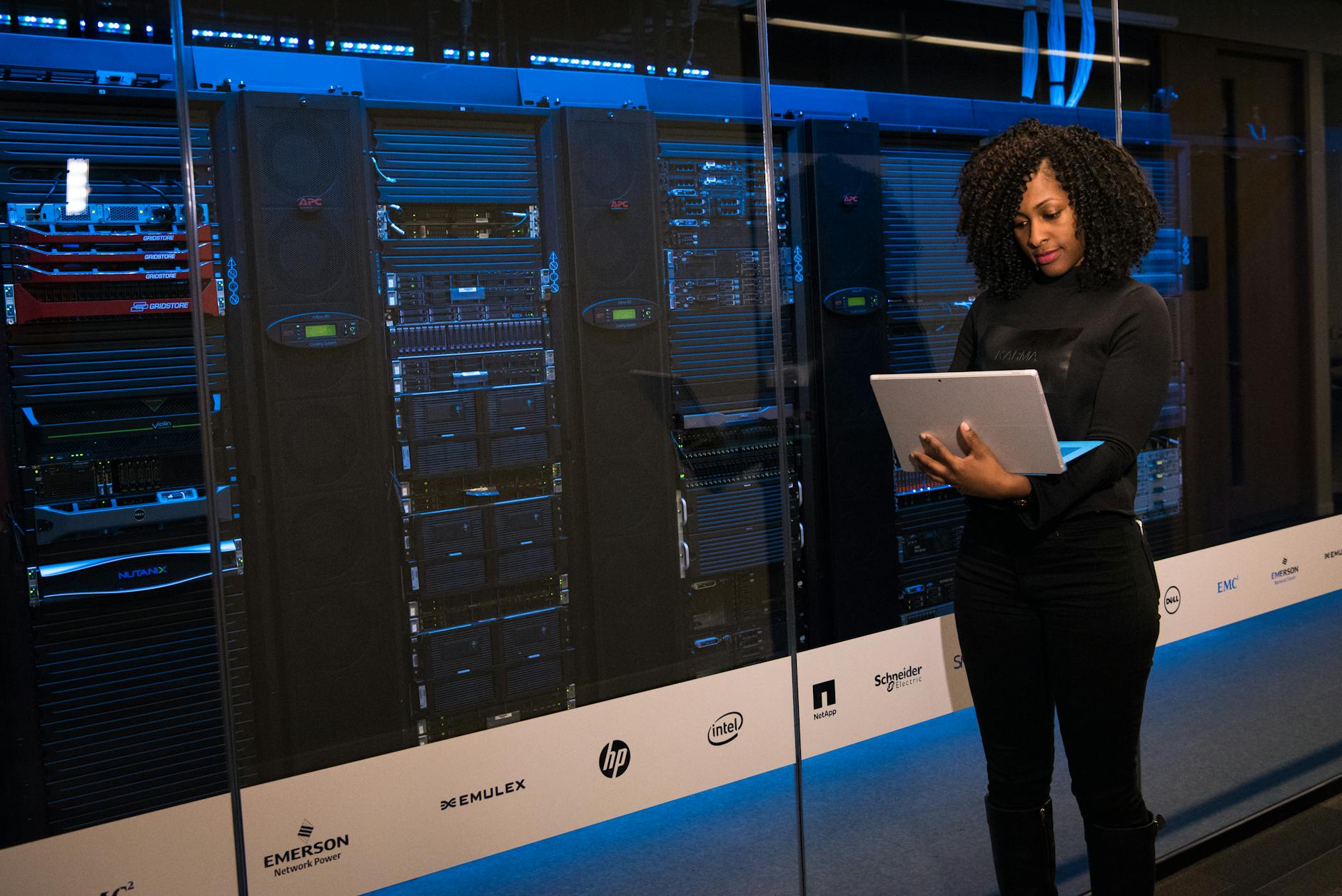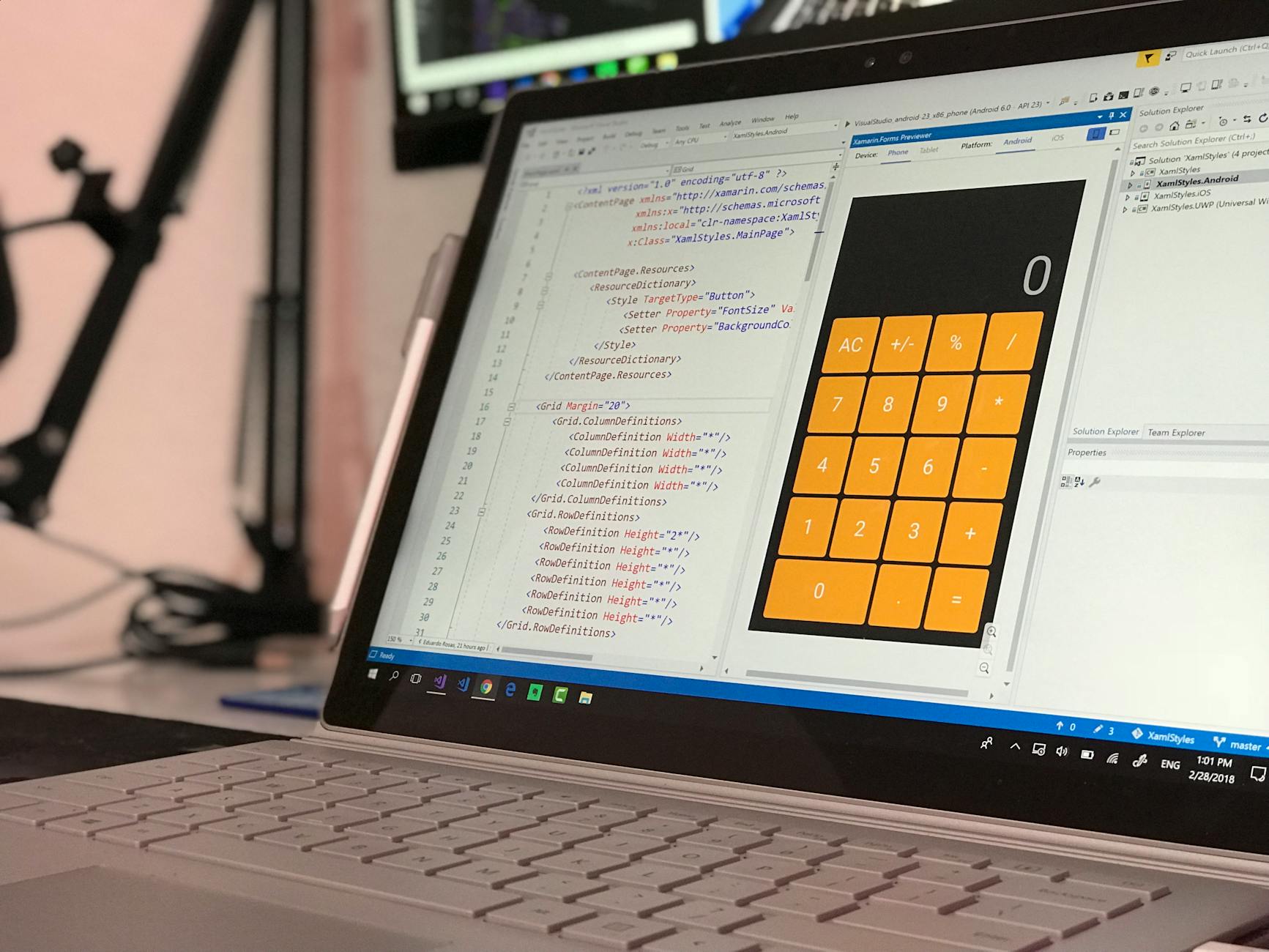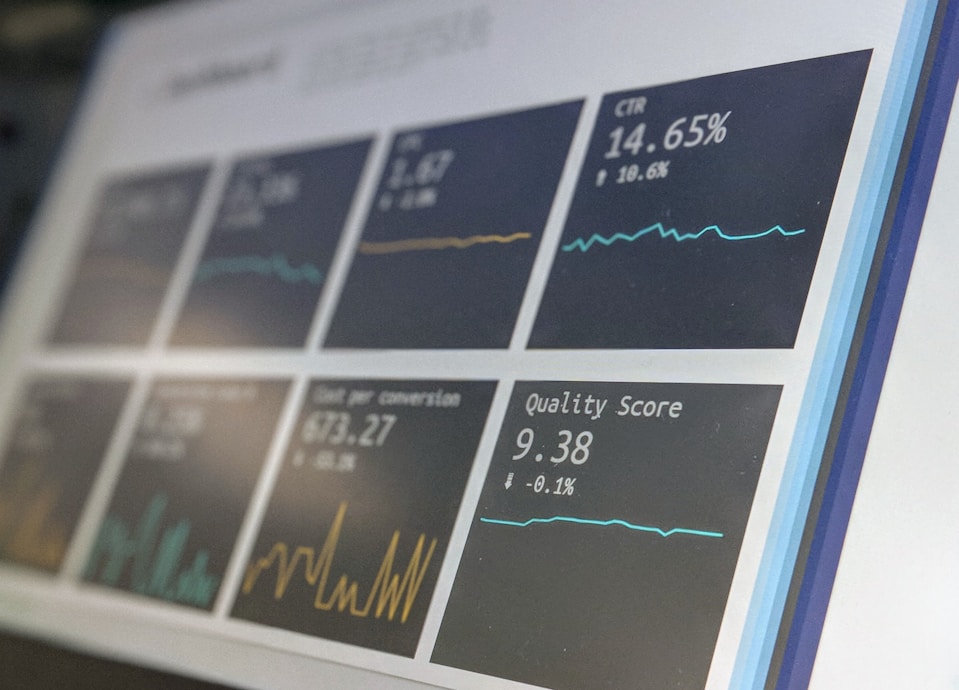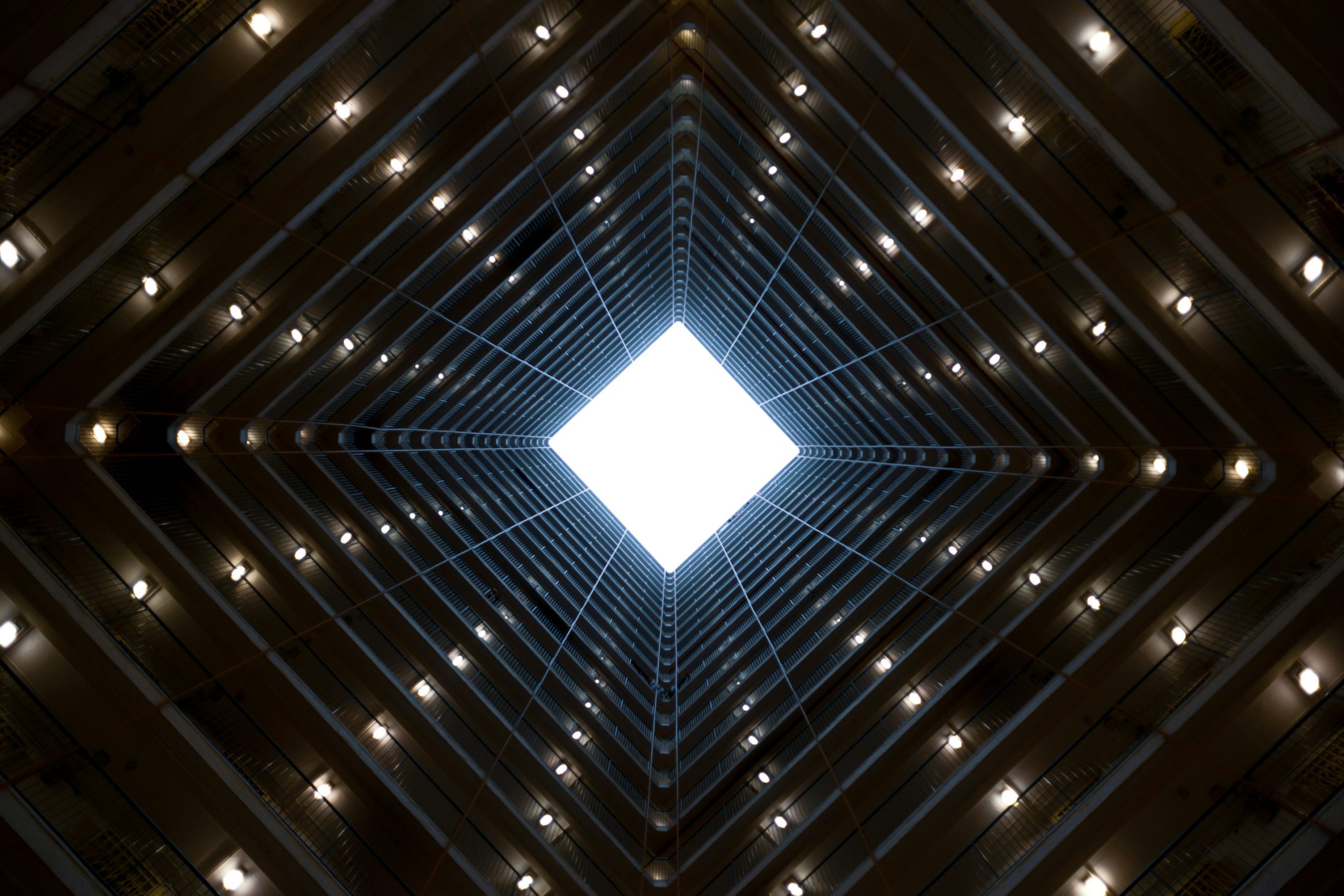- Project: Decentralized exchange development
- Duration: 6 months
- Technologies: Solidity, Hardhat, React, Typescript, Node.js, The Graph, DigitalOcean
- Target audience: NFT enthusiasts
Our Client had developed an NFT marketplace offering various kinds of high quality artwork to NFT enthusiasts and providing artists with a platform to share their Web 3.0-friendly creations. The Client enabled creators and collectors to display and monetize their art, all the while building a strong community in the digital NFT space.
THE CASE
Having developed the NFT marketplace, the Client wanted to continue expanding its decentralized ecosystem and was eager to find a reliable IT partner to help. Specifically, company founders were interested in decentralized exchange development services to build a DEX whose token could be fully integrated within the existing NFT marketplace. Thus, further augmenting the capabilities of the ecosystem.
The Client’s Request
Thanks to Velvetech’s expertise in delivering successful blockchain development services, the Client reached out to the team with the request of building a decentralized exchange. This was the main priority for the founders. However, the second request was to implement a binary option game that would allow users to bet on whether the price of a token would go up or down.
What are NFTs?
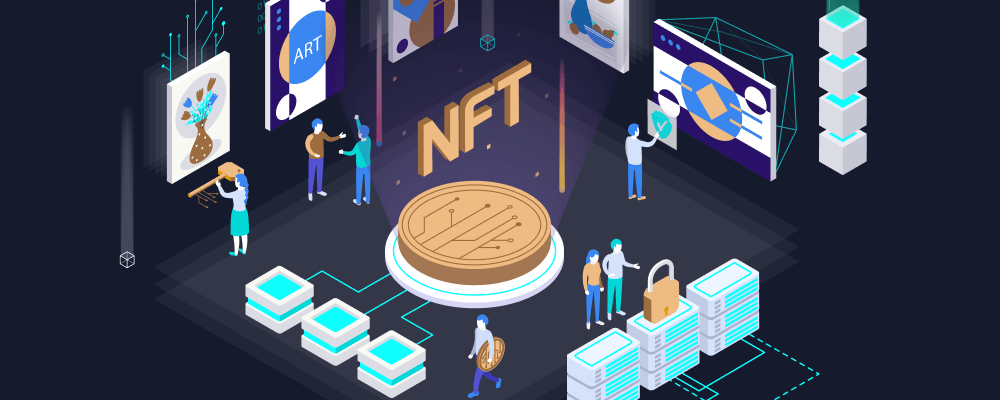
An NFT, or non-fungible token, is a cryptographic asset that is recorded in a blockchain with unique digital identifiers that ensure it can’t be copied or substituted. Currently, NFTs most often come in the form of digital artistic files like photos, videos, or illustrations and are sold on NFT marketplaces.
NFTs were a major part of Web 3.0 discussions in 2021 as these technologies guarantee digital artwork authenticity and ownership while removing intermediaries. Thus, allowing artists to connect with audiences directly and carry out transactions swiftly.
Although the media attention surrounding NFTs has toned down since its recent peak, the global market shows no signs of slowing down. In fact, by 2028, it is expected to reach $97.6 billion, rising at a CAGR of 31.6%.
Collaboration Process
Since the Client approached our team with a specific request in mind, we were able to get started on the project swiftly. However, prior to developing a DeFi exchange, it was crucial to review other platforms to determine the best practices used in the sector.
Thus, the project scope consisted of the following two phases:
- Revision of existing DEX solutions
- Decentralized exchange development
Review Examples of Decentralized Exchanges
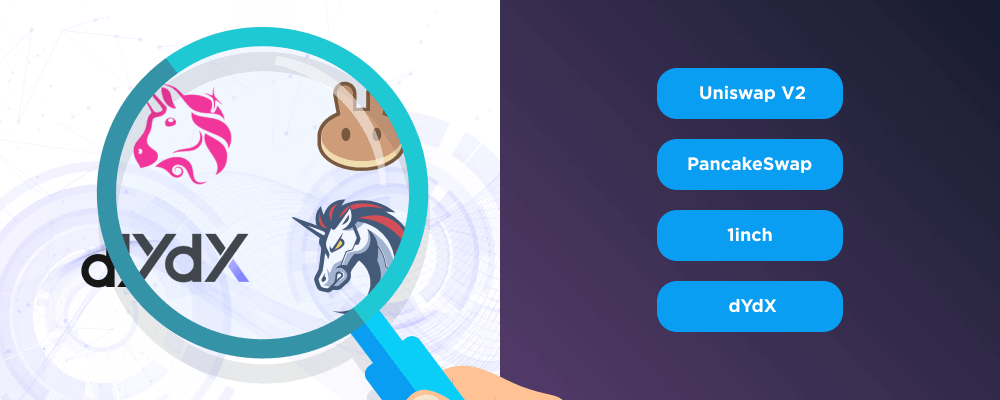
To start off, Velvetech’s team looked over other NFT marketplaces’ DEX architectures to identify the best practices that could be incorporated during the development of the platform for the Client.
Specifically, we assessed the number of users and documentation that each option possessed since these factors speak to the reliability of the system and ease of potential problem resolution.
Overall, the following technologies were researched:
- Uniswap V2
- PancakeSwap
- 1inch
- dYdX
In the end, PancakeSwap was chosen due to its large user base and excellent documentation, which could be used to ease the development problems and troubleshoot errors seamlessly.
Develop a DeFi Exchange
Once PancakeSwap was selected as the base, our team could begin developing the exchange. Step one was to build a proof-of-concept with a swap functionality since decentralized exchanges are peer-to-peer in nature and need to execute trades between user wallets immediately.
Next, the team moved on to API development by creating a Subgraph that was deployed on The Graph indexing protocol that runs on GraphQL. This was needed so that the API would return the “Exchange and Info” data to the system.
Once this was done, Velvetech’s specialists leveraged their extensive web development expertise to build a new website based on the PancakeSwap architecture. Concretely, the team took the PancakeSwap source code and customized it for the Client. In terms of hosting for the website, DigitalOcean was selected as it offers more cost-effective solutions for blockchain businesses.
Lastly, we worked on the prediction game. First, the team created a custom Oracle for charting data so that our Client’s custom tokens could be displayed in the prediction game. Since PancakeSwap already possessed a prediction feature, our developers just had to customize it and add pools and farms. That way, users could rely on the “farming” functionality and get our Client’s custom tokens from it.
Outcome
As a result of the collaboration, the Client obtained a decentralized exchange with custom tokens to enhance its NFT ecosystem with new capabilities. Plus, the Client implemented a new prediction game that allowed for even more interaction with the end-users.
Our specialist will contact you to schedule a personalized consultation within one business day.
Velvetech offers complimentary consultations; after which, we will provide you with a proof of concept in just 3 days, an accurate outlook of the cost and timeline of your project and a competitive estimation, and an assembled team – ready to start your project within 7 days.

Proof of Concept in

Start Project within


